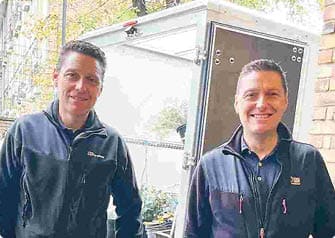Manifesto
Gender inequality is not a new issue. To the contrary; its prevalence, deep and long lasting individual and societal effects are no longer a topic of debate, but an accepted fact of the world we inhabit.
Yet figures are still on the rise, greater awareness may lead to higher rates of report but without tangible definitions and understanding the majority of instances of sexual harassment and domestic violence remain unreported and those that are; not convicted.
This is compounded by the cultural and diverse nuances and inter-sectionalities of the modern world, a magnified and beautiful microcosm of which exists in Lambeth.
How can we expect to change a narrative that does not even have a universal definition of its realities? How can we educate the next generation on how to behave and the values to uphold when all around they are hit with a constant barrage of contradictory media, adult behaviour models and a world that still commodifies its womxn as objectifiable and its men as the stable pillars and intellectual bedrocks on which all main industry and power is built.
Mechanisms so inherent to our culture and society that the context in which they exist, woven into the very core of our society along societal “fault lines” of gender, race and class, that they cannot be removed without a complete and active upheaval.
The gaslighting of generations about this structure has become so insidious that we can no longer understand its edges and without any clear, universal framework no factual acceptance of gender imbalance will ever hold any traction or incite any change.
Womxn work harder than men, both in paid and non-paid labour. The combination of nature and nurture; epigenetic, biological and societal inheritances mean that we are, and have no choice but to be more efficient, caring and productive.
Yet we are still allowing men to step in and save a perception of which they have no concept. It is time for the power to be handed back to where it should always have been; where real change can blossom and grow and where it will inevitably be treated with more care, understanding and efficiency than it has been in the past 20 years of short-lived pro-active initiatives.





































































































































































































































































